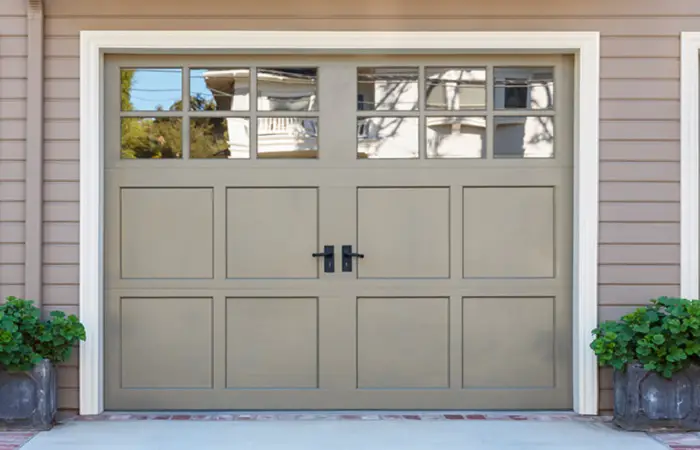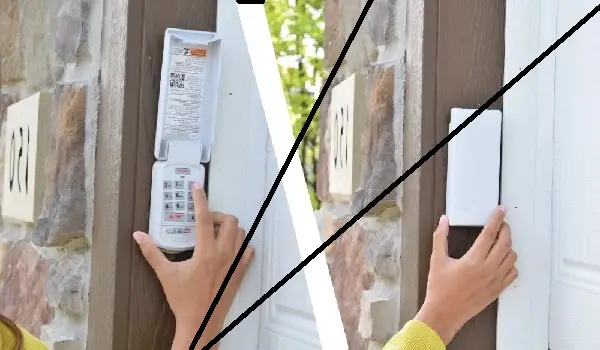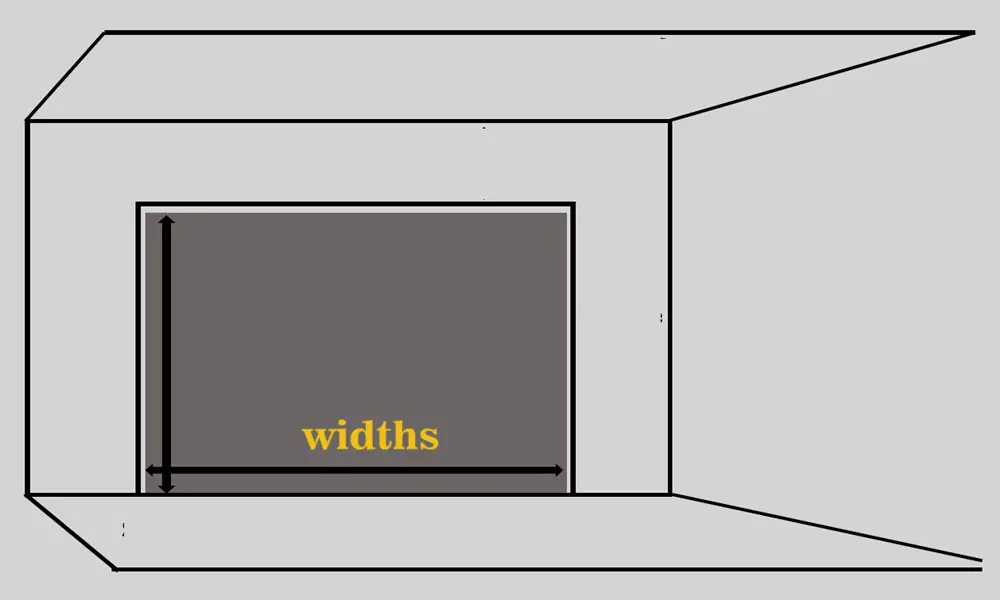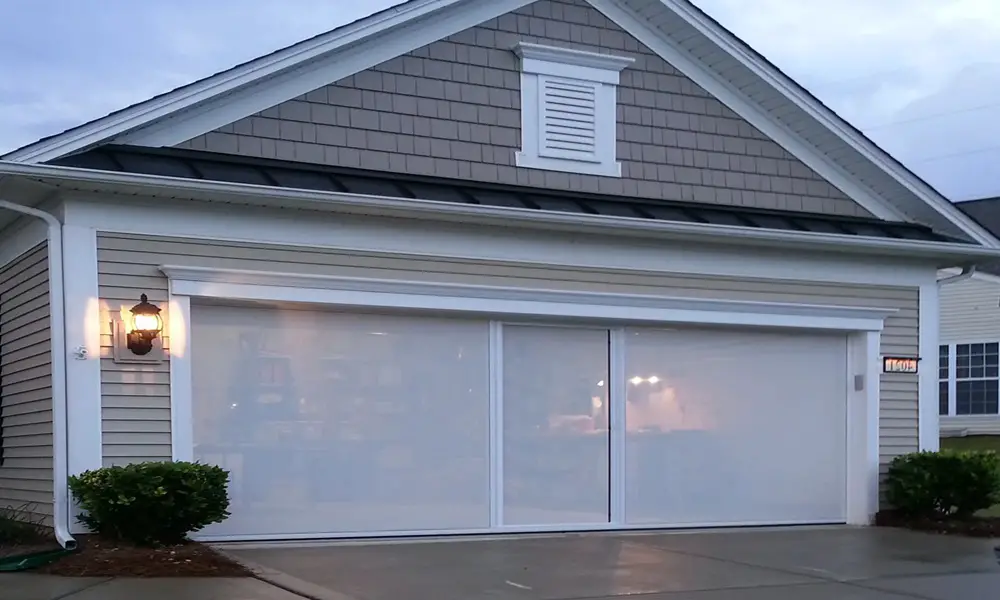Insulated Garage Door Versus Non-Insulated
Choosing the right garage door is more than just a functional decision; it’s an investment in your home’s comfort, energy […]
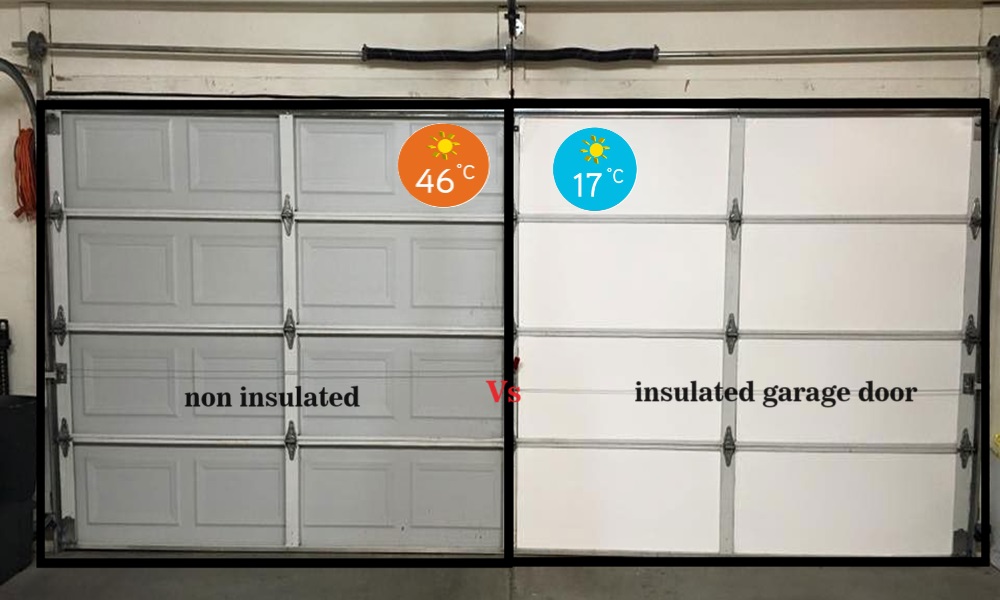
Choosing the right garage door is more than just a functional decision; it’s an investment in your home’s comfort, energy efficiency, and the protection of your belongings. The debate between an insulated and non-insulated garage door adds another layer to this decision-making process.
In this article, I’ll explore the nuances of both options, helping you navigate the intricacies and make an informed choice that aligns with your specific needs and preferences.

Insulated Garage Door: Pros
Energy Efficiency and Cost Savings
One of the primary advantages of an insulated garage door is its energy efficiency. By providing insulation against extreme temperatures, it helps maintain a comfortable environment inside the garage. This translates to lower heating and cooling costs, especially if your garage shares a wall with your living spaces.
Quieter Operation
Insulated doors also excel in noise reduction. If you use your garage as a workshop, studio, or gym, the insulation acts as a sound barrier, preventing noise from entering or leaving the space. This can create a more peaceful atmosphere within your home.
Increased Durability
Built with sturdier construction, insulated doors offer increased resistance to dents and weather-related damage. This enhanced durability ensures a longer lifespan for your garage door, reducing the need for frequent repairs or replacements.
Protection for Stored Items
Sensitive items like paint, tools, or musical instruments can be adversely affected by extreme temperatures or humidity. An insulated garage door provides a protective barrier, shielding your belongings from potential damage.
Insulated Garage Door: Cons
Higher Initial Cost
While the benefits are substantial, an insulated garage door comes with a higher initial cost. The additional materials and construction required for insulation contribute to a more significant upfront investment.
Heavier Construction
The insulation makes these doors slightly heavier, which may necessitate a more robust motor for smooth operation. It’s essential to consider the compatibility with your existing garage door opener.
Limited Design Options
If aesthetics are a crucial factor for you, it’s worth noting that insulated doors often come with fewer styles and color choices compared to their non-insulated counterparts.
Non-Insulated Garage Door: Pros
Lower Initial Cost
For those on a budget or with detached garages, non-insulated doors offer a more affordable option. This makes them suitable for garages used less frequently or those not involved in temperature-sensitive activities.
Lighter Weight
Non-insulated doors are generally lighter, making them easier to open and close manually. This can be an advantage if you prefer not to rely on a powerful motor for day-to-day operation.
More Design Variety
If you prioritize aesthetic choices, non-insulated doors come in a wider range of styles and colors, allowing you to match your garage door to your home’s overall look.
Non-Insulated Garage Door: Cons
Lower Energy Efficiency
The absence of insulation means non-insulated doors may contribute to higher heating and cooling costs, especially in areas with extreme climates.
Noisier Operation
Non-insulated doors may transmit more noise between the garage and the house, affecting the overall peace and quiet inside your living spaces.
Reduced Durability and Protection for Stored Items
Without insulation, non-insulated doors are more susceptible to dents and weather damage. Additionally, they provide less protection for items stored inside the garage from extreme temperatures or humidity.
You may also like:
Choosing the Right Option
Navigating the decision between an insulated and non-insulated garage door requires a thoughtful consideration of several key factors. Each factor plays a pivotal role in determining which option aligns best with your specific needs and lifestyle. Here’s a closer look at the crucial aspects to contemplate:
Climate
Your local climate serves as a fundamental influencer in this decision-making process. If you reside in an area characterized by extreme temperatures, whether it be scorching summers or frigid winters, opting for an insulated garage door becomes a strategic move.
The insulation acts as a barrier against external temperature fluctuations, contributing to improved energy efficiency within your home. Moreover, it provides a safeguard for items stored in the garage, shielding them from the adverse effects of extreme weather conditions.
Garage Usage
Consider how you utilize your garage space. If it serves as more than just a parking spot for your vehicle and doubles as a workshop, studio, or gym, the noise reduction benefits of an insulated door become increasingly valuable.
Insulated garage doors act as sound barriers, creating a quieter and more conducive environment for activities that require focus or concentration. This can be particularly beneficial if your garage activities extend into the evening or early morning when household noise is at a minimum.
Budget
Undoubtedly, budget considerations are a significant factor in any decision. If you find yourself navigating financial constraints, a non-insulated garage door presents a more budget-friendly alternative. While it may lack some of the energy-efficient and noise-reducing features of an insulated door, it remains a practical choice, especially for detached garages or those used less frequently for temperature-sensitive purposes.
Garage Location
The physical location of your garage in relation to your living spaces holds importance in the decision-making process. If your garage shares a wall with areas where you spend considerable time, such as living rooms or bedrooms, investing in an insulated door becomes a wise choice.
The insulation ensures better temperature control, preventing the garage’s climatic conditions from affecting the comfort within your home. Additionally, it acts as a sound buffer, minimizing the transmission of noise between the garage and living spaces.
Conclusion
In conclusion, the optimal choice between an insulated and non-insulated garage door is a personalized decision. It hinges on a careful evaluation of your specific needs and budget constraints. By meticulously weighing the pros and cons of each option, taking into account your local climate, the purpose of your garage, your financial considerations, and the garage’s proximity to your living spaces, you can confidently choose the garage door that seamlessly integrates functionality, comfort, and affordability into your home.
